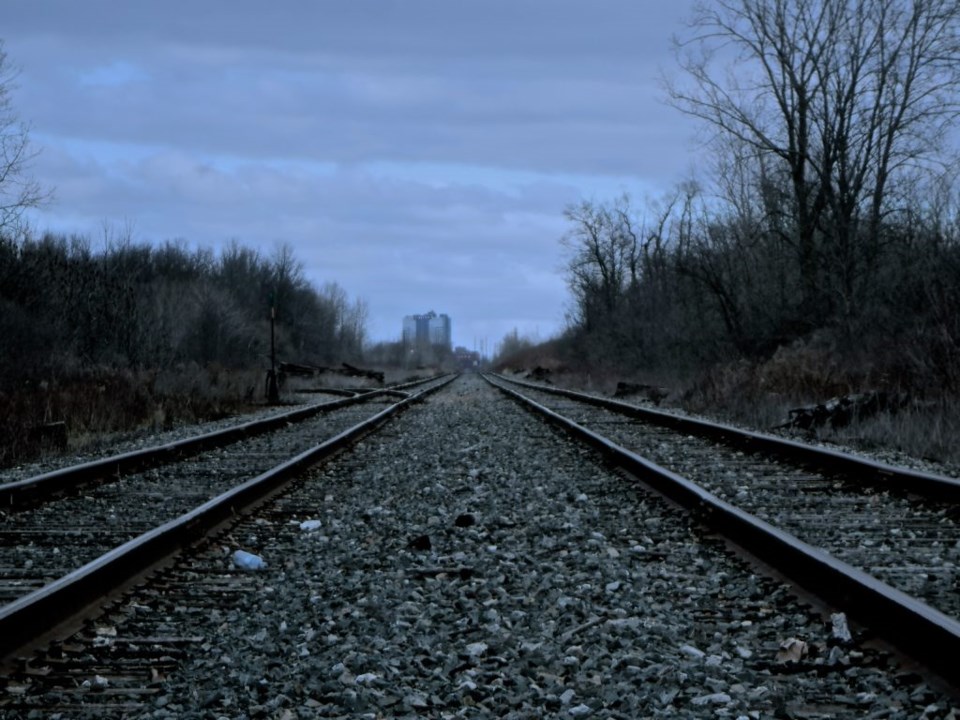
When the Indigenous groups blockaded railways, highways, and border crossings across the nation, and the federal government waws under immense pressure to react most appropriately, we wondered who the real winners and losers would be.
I’m not taking sides. Instead, I’m going to ponder, with you, how we got here in the first place. This is also an act to protect the earth’s natural heritage on a large scale, and I will offer a perhaps unpopular opinion to digest.
Oil is necessary to power our society, for the time being. As a civilization, giving up oil overnight, or entirely, is going to be an impossible course. Giving the green light for new mega oil projects while simultaneously pushing onto traditional territories is not a pleasant combination.
It’s a step in the wrong direction for our global biosphere. The plan has doubled up as a showcase of indifference toward native groups at the corporate scale, namely the Wet’suwet’en people of British Columbia in this case. The oil companies may look bad to some, but they are heavily backed by other forces seen through the lens of jobs and the economy.
It must be challenging to be a massive business with sufficient funds and ideas for a project, only to have treaties and minority groups stop it.
When the Wet’suwet’en protestors and others closer to home had their protests cleared out, the RCMP and the OPP were doing their job and following orders respectfully. It must be an appreciably awkward spot for some of those men and women on the force, as they embody Canada, while doing their most loyal duty possible in tense times.
But it’s complicated. Not every Indigenous official was against the pipeline. In fact, some have been openly supportive, because of the potential for job opportunities.
When Indigenous groups across Canada stood up in solidarity to show anger towards the Wet’suwet’en arrests, their protests worked.
If the Indigenous people were successful in protecting their traditional lands and natural heritage by stopping the pipeline, the world’s biosphere and Canada’s culture would have won. Imagine if we poured that kind of money and ambition into larger, greener projects that could employ just as many people. Oh, but we do also need oil to tide us over.
It’s complicated, all right.
From a global perspective, I have no issue with railway blockages, highway shut-downs, and protests on the steps of Parliament. Providing they are temporary, they have a place in the global gears and cogs in wheels that stimulate real change. Every protest is a step toward a bigger issue boiling over our heads — climate change.
The protest ripple effects have economically inconvenienced millions of Canadians and countless businesses, with folks trying to go about their daily work lives, caught in the whirlwind of tricky times — or literally in a traffic jam.
Some view the protests as extreme, but they worked, to a point. People are still talking about them.
This was an act of not only solidarity, but desperation. This desperation had been brewing for a long time, and sometimes it takes extraordinary acts to start a fire in a cold winter.
Prime Minister Justin Trudeau said the blockades must come down. He was careful not to specify how or in what timeline. It has been interesting to watch the moves that followed. The protests have stopped, and the pipeline will proceed. The environment was clearly not the winner.


